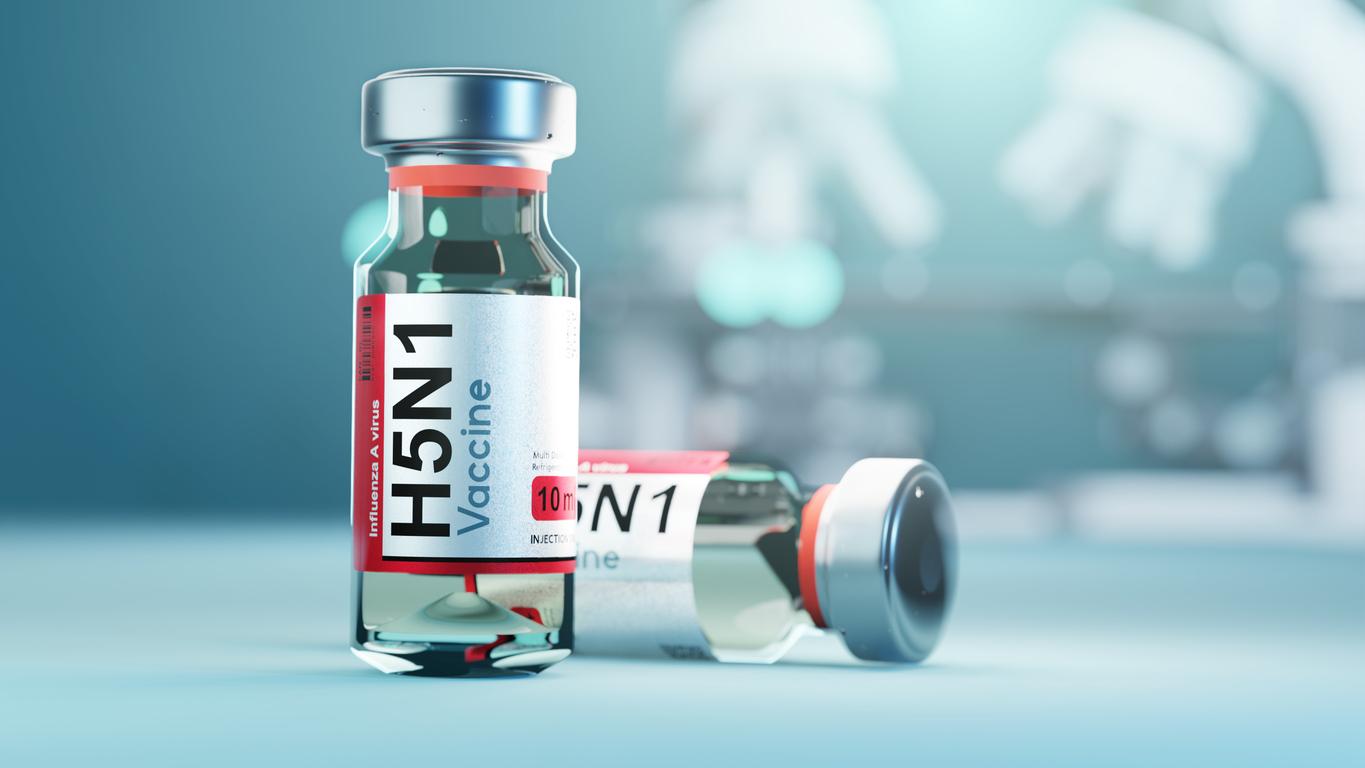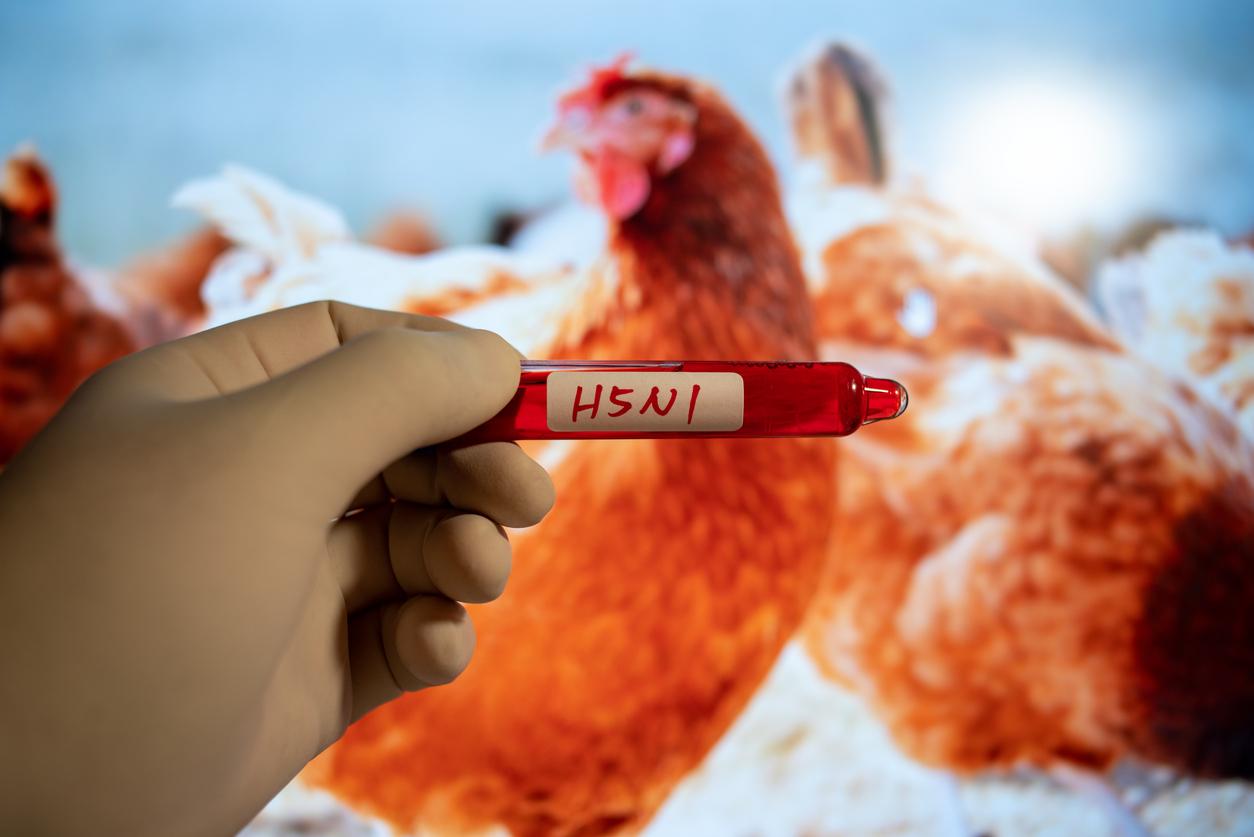
In 2002, Volkswagen announced the arrival of the first robotic dual-clutch gearbox on a production vehicle. This famous DSG appellation still enjoys an excellent reputation and has since spread to many of its models. What is the recipe for its success?
In France in 2021, more than one in two new passenger cars was fitted with an automatic gearbox. A trend that we owe in large part to the Volkswagen group, at the origin of the democratization of dual-clutch technology with its DSG gearbox. On the occasion of his 20and birthday, The argus looks back on its operation, its history but also its reliability problems…

Gear lever design has evolved over the years.
More softness, less consumption
Even if there were already several types of automatic transmission before its birth (converter, continuously variable, etc.), the DSG was a real revolution. It indeed proposed a speed in the passages of speeds unprecedented at the time, without the lack of softness of the robotic transmissions with simple clutch. Qualities inherent in its mode of operation. The whole mechanism consists of two half-gearboxes, each of which is connected to its own clutch and to the drive shaft, which is also split into two. Volkswagen specifies that “one shaft is assigned to even gears and the other to odd gears and reverse. Thus, two gears can be engaged at the same time: one engaged and the other disengaged”.

This simultaneous actuation of the clutches makes it possible to avoid the break in torque. The gears can thus be shifted quickly and smoothly, all without consuming much more than a vehicle with a manual gearbox. This robotic transmission also gives you the choice: change gears sequentially, via the lever or paddles on the steering wheel, or let the electronics do their thing. But as we will see later, the dual-clutch gearbox is expensive, heavy and not the most robust of automatic systems.
From track to road
Despite the invention of the double-clutch gearbox in 1939 by a Frenchman, it was in the 1980s that the technology really appeared in a car. It was first used for endurance racing by Porsche with its 956 and 962 prototypes. A victory at Monza would follow in 1986, but most of the many successes of these two monuments of the 24 Hours of Le Mans would remain with classic mechanical boxes. Audi will also test this technology on its rally monster: the Quattro Sport S1.

Twenty years then passed until the DSG (for Direct Shift Gearbox) was announced in 2002. It was designed by the equipment manufacturer BorgWarner and then used by Volkswagen. It has been emulated by other manufacturers such as, for example, Hyundai, Kia or Renault, which use a Getrag transmission or the former FCA group (Alfa Romeo, Fiat, Jeep, etc.) because of its energy efficiency.

The Golf R32, launched in 2003, was the first production model to benefit from a dual-clutch gearbox. The German then embarked a 241 hp V6 under the hood, associated with an all-wheel drive. Offered as an option, this robotic gearbox was to revolutionize driving but above all to prove that you could have fun with a sports car equipped with only two pedals.
“According to Volkswagen, the compact DSG “ could reach 100 km/h in 6.4 seconds – compared to 6.6 seconds for the six-speed manual version – and was more fuel efficient”.“


Reliability issues
Its fame aside, the DSG box has suffered numerous setbacks since its launch in 2003. The six-speed version (DQ 250) has, for example, experienced problems with the warning light on or “squealing” on start-up. But if it got better over time, it was less the case for the DSG7 (DQ 200). Arrived in 2008 on the small models, its reliability has been put to the test. The fault with a system of dry clutches, without lubrication, which prematurely wore out said parts according to the profiles of use (city, mountain…). Vibrations and other malfunctions persisted.

In addition, Volkswagen’s after-sales service has often been criticized for its lack of generosity. The manufacturer considered for several years that the DSG clutches were wearing partsand did not make any commercial effort until 2014. In addition, if the Volkswagen workshops did not touch a defective DSG, they were trained to open and repair this type of transmission without having to replace it entirely.
















